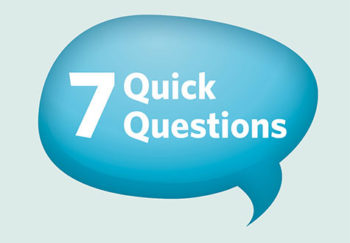Approximately 500,000 women in the U.S. have a hysterectomy each year, according to the National Women’s Health Network. Some of these women are at an increased risk for developing heart disease — but not all.
Why only some? According to gynecologist Kenneth Barron, MD, it all comes down to estrogen.
Studies have shown that estrogen has protective properties, especially when it comes to heart health. According to Barron, estrogen helps clear out plaque buildup in the arteries. “Maintaining premenopausal estrogen levels is important, so there’s been a shift in the past 15 years to preserve the ovaries when performing a hysterectomy,” says Barron. “If removing them doesn’t change the outcome for the patient, then it’s best for the patient to keep them.”
For approximately 50 percent of women who have a hysterectomy, keeping their ovaries is not an option. “Any time there is a family or personal history of breast or ovarian cancer, then it’s often more beneficial to remove them,” says Barron.
In contrast to a standard hysterectomy, during which only the uterus is removed, hysterectomy with bilateral oophorectomy (removal of both ovaries) immediately deprives the body of estrogen. As a result, women enter what is known as surgical menopause, with all of the symptoms that you might expect during traditional menopause, including mood swings, hot flashes, weight gain and more.
To help alleviate these symptoms, Barron recommends traditionally prescribed hormone replacement therapy (HRT), especially if a woman is younger than age 60. “Putting women on an estrogen supplement at the onset of menopause has also been shown to decrease cardiovascular disease and carries the least risk when absorbed through the skin as opposed to a pill,” he says.
Barron acknowledges that there are still mixed emotions when it comes to HRT, but he stands behind traditionally prescribed hormone replacements as a safe, effective and necessary option for menopausal symptoms. If you prefer an alternative, Barron says natural sources of estrogen such as black cohash or soy are safe, although research has not shown them to be particularly effective.
Perhaps most important to maintain your heart health after surgical menopause: healthy habits. “I have the same recommendations for these women that I have for all women,” says Barron. “Diet and exercise are key.”
If you are considering having a hysterectomy or the procedure has been recommended for you, talk to your doctor about the many options available. Not all hysterectomies are created equal — get informed so that you can choose the procedure that’s right for you.

